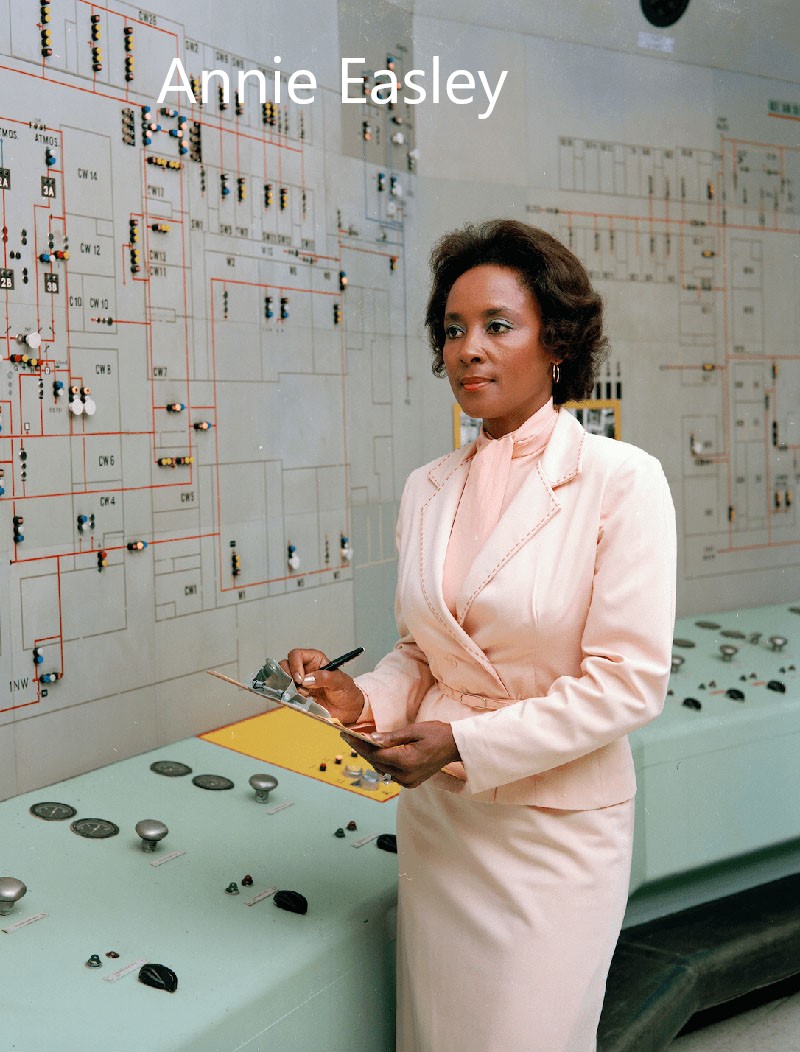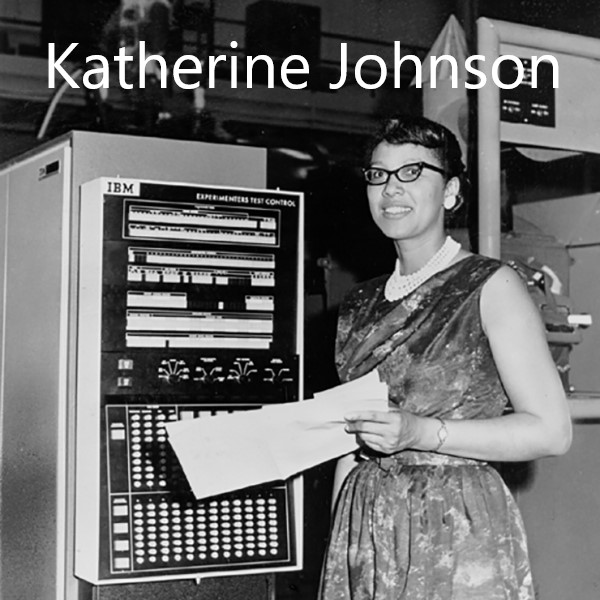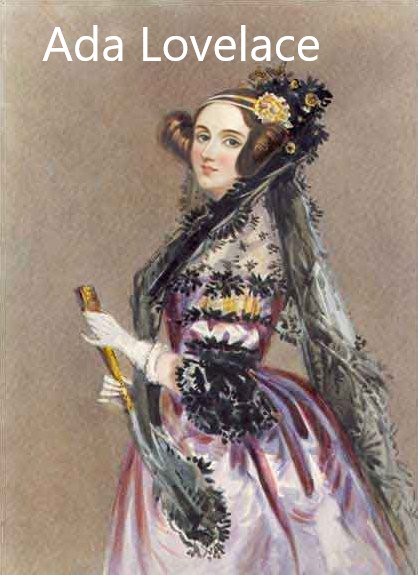Computer Science
In today's world, technological and information literacy skills are essential. Students need to be digitally literate and develop problem-solving abilities at a level suitable for the future workplace -enabling them to become active participants in the digital world.
 |
 |
 |
 |
Key Stage 3
Our aim is to also equip students with the ability to use technological tools to find, explore, analyse, exchange, and present information responsibly.
By following a progressive and innovative ICT and Computer Science programme of study, students will develop the expertise and confidence to use ICT skills and Computer Science concepts across a broad range of activities. Subject content includes digital literacy, touch typing and basic computer programming (using Scratch and BBC Micro:Bits) in Year 7. Web design, Python Programming, Database Design and creation and video production in Year 8. In Year 9 Theoretical and practical aspects of how computers work, app creation, advanced Python programming and animation.
You can read more about the KS3 curriculum here: Key Stage 3 Computer Science Curriculum
Key Stage 4 (GCSE)
GCSE Computer Science comprises three different assessments: two written exams and one Controlled Assessment.
One written exam tests a pupil’s knowledge of theoretical subjects within computer science, the other is an on-screen exam testing computational thinking and programming techniques, while the Controlled Assessment tests a student’s practical programming knowledge.
Students will use a wide range of software to create a number of documents and publications relating to both the theory and the Controlled Assessment. Students will learn to code from a basic level upwards, looking at several different types of code and how a computer uses/ interprets them; essentially, learning how a computer works. The theoretical elements of programming will be covered in the computational thinking component of the course, this will cover; problem-solving, algorithms and programming constructs whilst learning different programming languages (Python, Greenfoot, assembly language and HTML). Students will consider, organisation and structure of data, different hardware components, operating systems, security and data management.
Students acquire a number of transferrable skills in a broad range of software, to use both in ICT lessons and across the curriculum. Our aim is to also equip students with the ability to use technological tools to find, explore, analyse, exchange, and present information responsibly.
Key Stage 5 (A-Level Computer Science)
You can read about our A-Level Computer Science course on our Sixth Form pages here